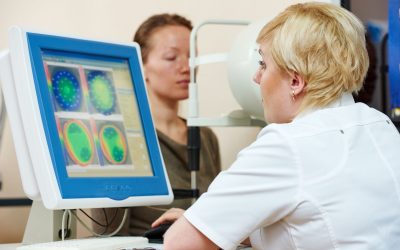The healthcare industry is undergoing a technological revolution, especially in the realm of patient billing, medical coding, and medical records management. With the increasing complexity of medical coding requirements and insurance regulations, hospitals face mounting challenges in ensuring that every patient account is billed accurately and efficiently. As a result, many healthcare organizations are turning to autonomous medical coding to streamline their billing processes and reduce costly errors.
The Importance of Accurate Medical Coding in Hospitals
Accurate medical coding is the foundation of effective hospital billing and revenue cycle management. Each medical procedure, diagnosis, and service must be meticulously translated into standardized codes. Even minor mistakes or omissions can lead to claim denials, missed or delayed reimbursements, and compliance risks. Traditionally, medical coding has been a manual, labor-intensive task performed by certified professionals. However, as the volume of patient data grows and coding guidelines evolve, manual processing has become increasingly prone to human error and inefficiencies.
Hospitals must address these challenges to maintain financial stability and regulatory compliance. Inaccurate billing not only impacts revenue but can also erode patient trust when errors are reflected on their statements. The need for a more reliable, scalable solution has never been greater.
How Autonomous Solutions Enhance Billing Accuracy
Autonomous medical coding solutions utilize advanced technologies, including artificial intelligence and machine learning, to analyze clinical documentation, use data dictionaries, and automatically assign the appropriate codes. These systems are designed to learn from vast datasets, continuously improving their accuracy as they process more cases. By automating the coding process for the vast majority of claims, hospitals can significantly reduce the risk of human error, ensure consistency, and accelerate the billing cycle.
The adoption of autonomous coding platforms enables healthcare providers to process large volumes of patient records with accuracy and efficiency, while utilizing certified medical coders to provide expertise to ensure reliability and handling of complex cases. This not only improves the timeliness of claims submissions but also enhances the likelihood of first-pass payment from insurers. Moreover, these solutions can flag inconsistencies or gaps in documentation, prompting timely intervention before claims are submitted.
Benefits for Healthcare Providers and Patients
Implementing autonomous medical coding brings far-reaching benefits for both healthcare providers and their patients. Hospitals experience increased operational efficiency and reduced administrative burdens on staff, freeing up valuable resources to focus on patient care. The accuracy of automated coding also translates to fewer claim rejections, minimizing revenue leakage, and supporting the financial health of the institution.
For patients, accurate billing means fewer unexpected charges or disputes, contributing to a better overall experience. Transparent and precise billing practices foster trust and satisfaction, which are essential in today’s patient-centered healthcare environment. Additionally, by reducing administrative overhead, hospitals can allocate more resources to direct patient care, further improving the quality of care.
With the healthcare landscape evolving rapidly, hospitals are recognizing the need to adopt innovative solutions to remain competitive and compliant. Autonomous medical coding represents a significant step forward in achieving these goals, offering a reliable way to enhance billing accuracy and operational performance.
GeBBS Healthcare Solutions stands out as a reliable partner, offering advanced autonomous medical coding solutions that help hospitals optimize billing accuracy and streamline revenue cycle management across the healthcare industry.


